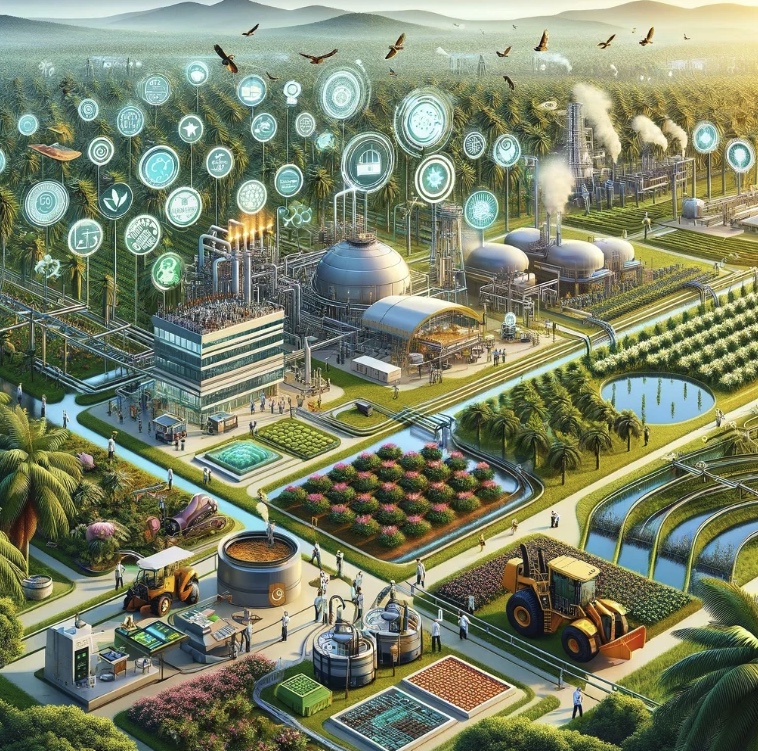Embracing Sustainability: A Brighter Future for Global Palm Oil Production

The Rise of Sustainable Palm Oil Certification
Palm oil, a versatile and efficient crop, stands as a staple in numerous products worldwide.
This article celebrates the progressive steps towards environmental and social responsibility in the palm oil industry, highlighting the top palm oil producers‘ commitment to sustainable practices.
Leading the Way: Top 5 Palm Oil Producing Countries
Indonesia and Malaysia: Pioneers in Sustainability
Indonesia and Malaysia, producing over 85% of the world’s palm oil, are at the forefront of sustainable practices. These nations have embraced national certification schemes – the Indonesian Sustainable Palm Oil (ISPO) and the Malaysian Sustainable Palm Oil (MSPO) – aiming to curb deforestation and promote environmental stewardship.
Thailand, Colombia, and Nigeria: Emerging Leaders in Sustainable Production
Thailand, Colombia, and Nigeria, though smaller in production scale, are gaining prominence for their commitment to sustainable palm oil. Thailand has instituted a national sustainability standard, while Colombia and Nigeria are seeing a rise in private sector initiatives for eco-friendly production.
The Corporate Champions: Top 5 Palm Oil Producing Companies
Commitment to a Greener Future
Companies like Wilmar, Unilever, Cargill, Sime Darby Plantation, and Golden Agri-Resources (GAR) are not only industry leaders but also pioneers in sustainable palm oil production. These companies, responsible for more than half of the global output, actively participate in the Roundtable on Sustainable Palm Oil (RSPO), showcasing their dedication to eco-friendly practices.
The Global Push for Sustainable Palm Oil
Retailers and Consumers Joining Hands
The call for sustainable palm oil echoes across the consumer landscape, with giants like Tesco, Sainsbury’s, and Walmart pledging to source only sustainable palm oil. This movement is bolstered by the support of major food and beverage corporations like Unilever, Nestlé, and PepsiCo.
The Role of NGOs
Organizations like the World Wildlife Fund (WWF) recognize the potential for sustainability in palm oil production, endorsing well-managed practices.
Measuring Success: The Growth of Sustainable Palm Oil
A Steady Climb in Sustainable Production
In 2022, RSPO certification reached 19.7% of global palm oil production, signaling a significant shift towards sustainability. Malaysia’s MSPO certification, a mandatory national standard, covers an impressive 96% of its plantations, many operated by smallholder farmers.
The Smallholder Impact
Smallholder farmers, pivotal to the industry, have seen a transformation in their livelihoods. In Malaysia, palm oil has contributed to reducing poverty from 50% in the 1960s to a mere 5% today. The MSPO scheme, more inclusive and accessible than the RSPO, empowers these farmers, underscoring their vital role in the industry’s sustainable future.
Conclusion: A Sustainable Horizon
The journey towards sustainable palm oil production is complex yet promising. The commitment of the leading countries and corporations, coupled with the rising consumer and business support, paints an optimistic picture. As sustainable practices gain traction, the palm oil industry stands on the cusp of a greener, more responsible future.









